- Two civilians killed, two injured in junta airstrike on Ramree village
- Bo Nagar’s defection raises security fears for resistance forces in Myanmar’s heartland
- Weekly Highlights from Arakan State (Feb 2 to 8, 2026)
- Freedom of expression curtailed in resistance-controlled areas, report finds
- Conflict leaves Arakan’s historic pagodas in ruins as restoration stalls
Addressing women’s needs takes backseat to war’s more pressing human tolls
Women in Arakan State are receiving less assistance and fewer opportunities as organisations promoting and defending women’s rights and empowerment have become less active in the war-ravaged state.
08 Nov 2024
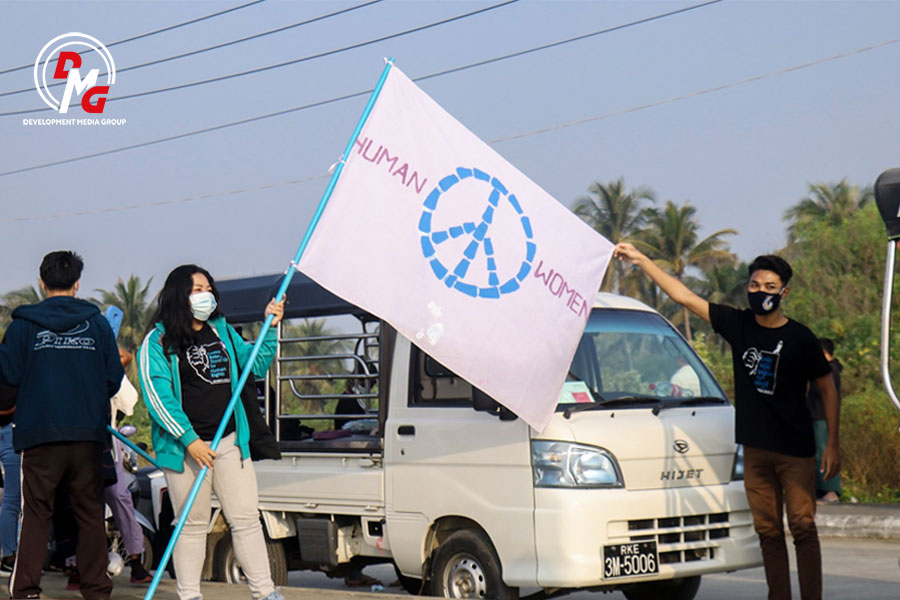
DMG Newsroom
8 November 2024, Mrauk-U
Women in Arakan State are receiving less assistance and fewer opportunities as organisations promoting and defending women’s rights and empowerment have become less active in the war-ravaged state.
Like other civilians, members of these organisations have been displaced by the fighting between Myanmar’s military regime and the Arakkha Army (AA), while the junta is targeting social and human rights organisations and activists. Travel restrictions, communications shutdowns and financial constraints are also disrupting their operations.
Daw Kyawt Sein, chairwoman of the women’s rights group Rakhine Alin Dagar, said: “We can’t work like before. Members have been separated by the fighting. Travel restrictions also make it difficult to continue our operations. We also have financial constraints.”
Women’s rights activists in Arakan State say they have difficulties collecting data about women due to travel restrictions and communications blackouts.
Multiple organisations that had provided consultations for female victims of domestic violence and human rights violations have suspended their operations.
“No organisation that I can consult with about domestic violence is left in Sittwe,” said one housewife from Sittwe who has complained of abuse by her husband. “Phone services are also down, and we don’t know how to contact them. I have filed a complaint with the village administrator. But he did not bother to handle it.”
Hundreds of thousands of people have been displaced by the fighting in Arakan State over the past year, and many need food, medicines and shelter.
As the armed conflict has intensified, organisations have been forced to take care of internally displaced people (IDPs) rather than focusing on the needs of women, say women’s rights activists.
“We can’t promote the women’s sector like we did before. We have been burdened by the need to help displaced people. As the number of displaced people increases daily, we have to give priority to them,” said a member of a women’s rights organisation in the Arakan State capital Sittwe.
Women tend to be among the most vulnerable to the miseries and atrocities of war, including as victims killed or injured by air and artillery strikes, landmines and unexploded ordnance, we well as being the primary targets of rape and other sexual violence used as weapons of war.




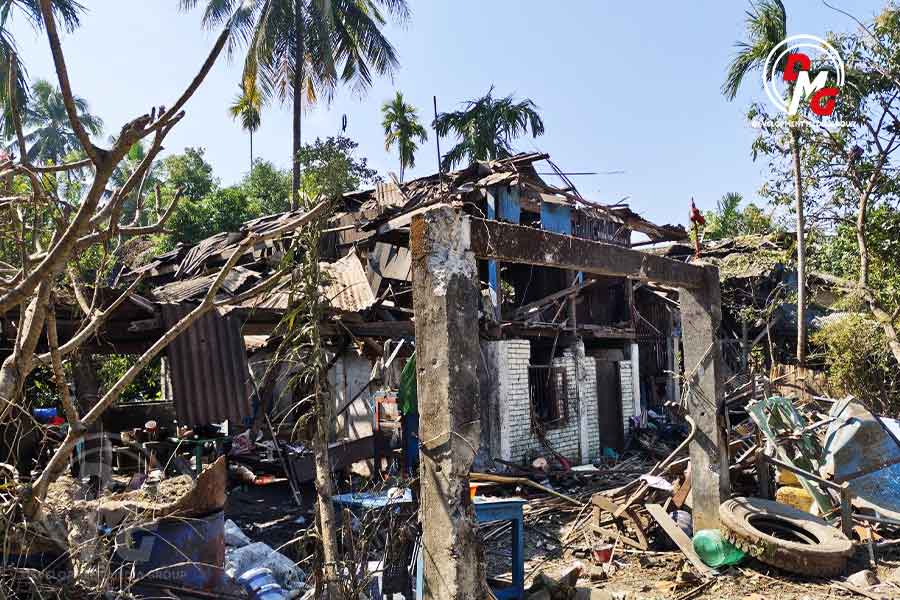
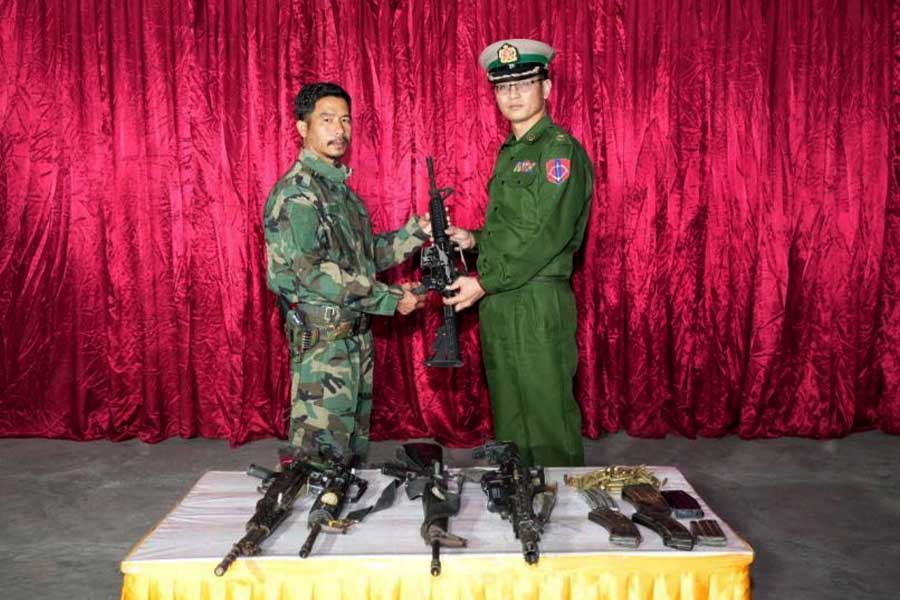
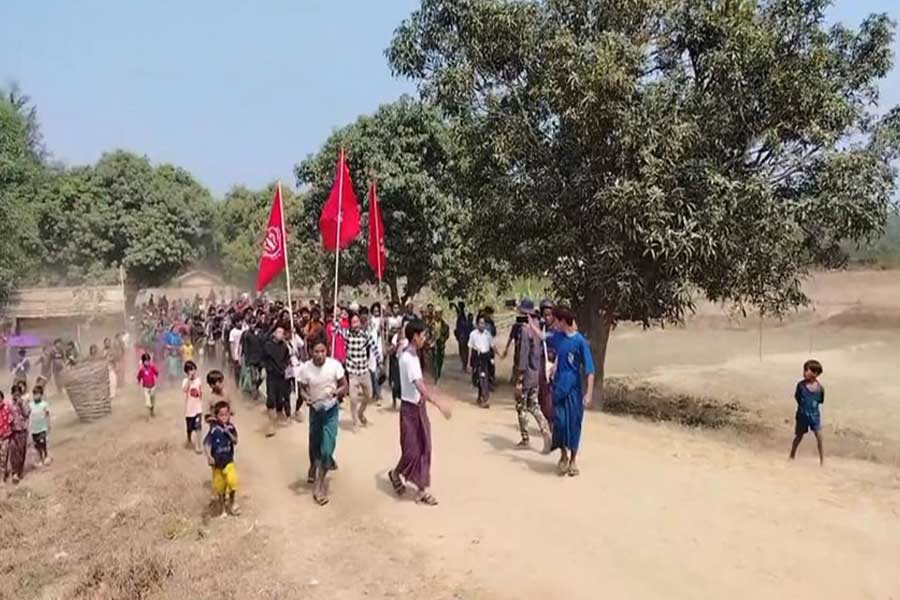
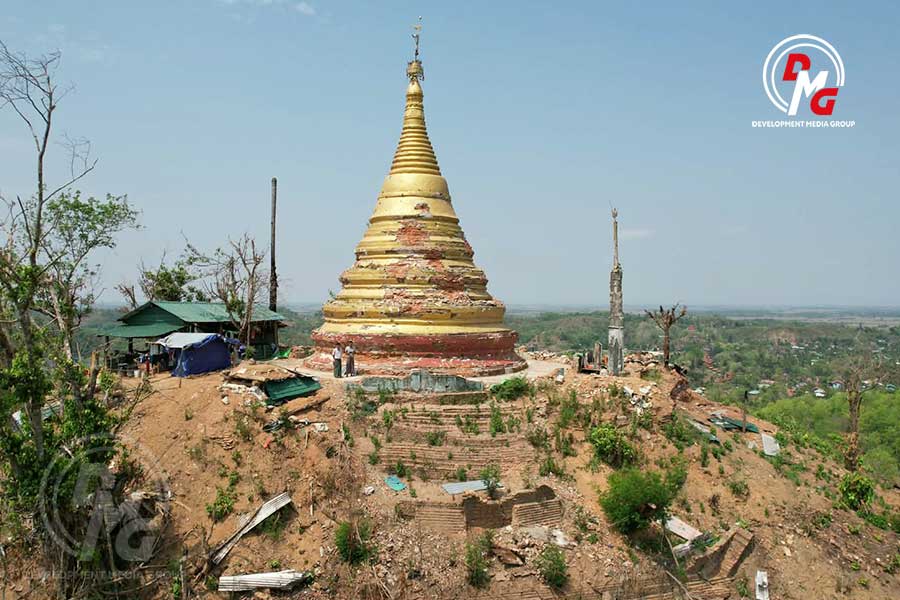
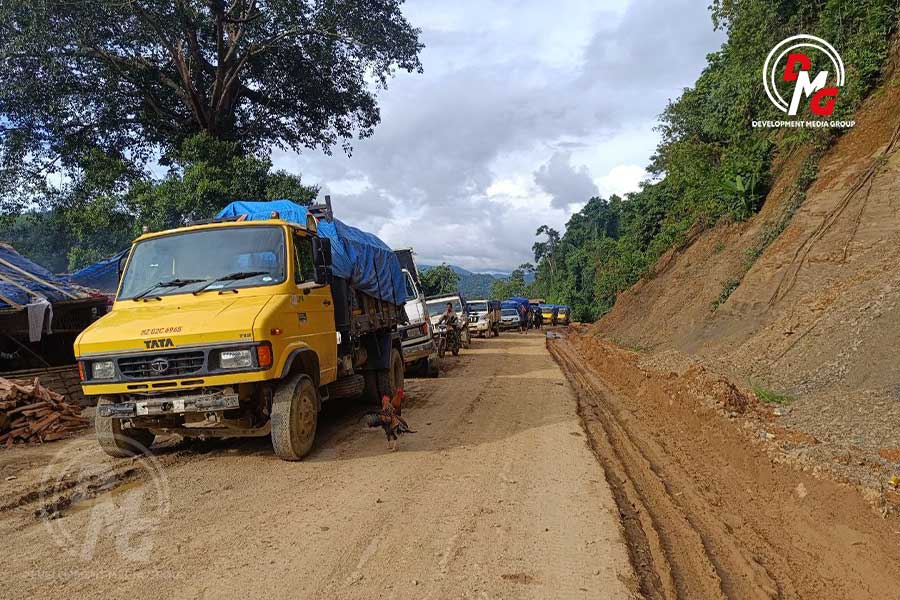







.jpg)
